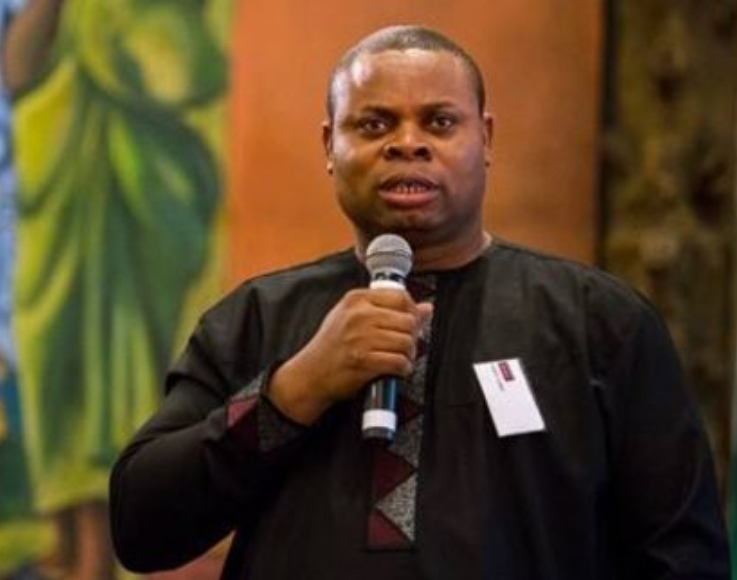Founding President of IMANI Africa, Franklin Cudjoe, has raised concerns over what he believes may be an inconsistent approach to justice in Ghana’s fight against illegal mining, popularly known as galamsey.
In a reflective Facebook post, Mr. Cudjoe suggested that Interior Minister Mubarak Muntaka may have been influenced by past incidents, particularly the controversial death of a foreign national in custody, in deciding to deport rather than prosecute foreign nationals caught engaging in illegal mining activities.
“Which law says when foreigners are caught engaging in galamsey they should be deported immediately? Why not jail them? We cannot have a separate set of laws for Ghanaians and foreigners,” Cudjoe wrote.
His comments come on the back of recent government action that saw several foreign nationals deported instead of being prosecuted and jailed for engaging in illegal mining.
According to Mr. Cudjoe, such decisions may stem from earlier incidents where legal processes surrounding the prosecution of foreign suspects became murky.
Recalling one such case, he referenced a report in which a Chinese illegal miner who was supposed to be remanded and presented in court was reportedly declared dead by police.
When the judge requested evidence of the death and burial, she was allegedly told that the individual had been cremated and the ashes scattered in the forest.
Mr. Cudjoe argued that while this strange development might explain the Minister’s decision to opt for deportation as a preventive measure, it raises deeper questions about consistency in the application of the law and the country’s commitment to justice.
“There should not be a different set of rules for Ghanaians and foreigners,” he insisted, calling for a fair and transparent legal process for all individuals involved in galamsey, regardless of nationality.
The remarks have sparked further public discourse on whether deportation truly deters illegal mining or simply shifts the problem beyond the country’s borders without accountability.








